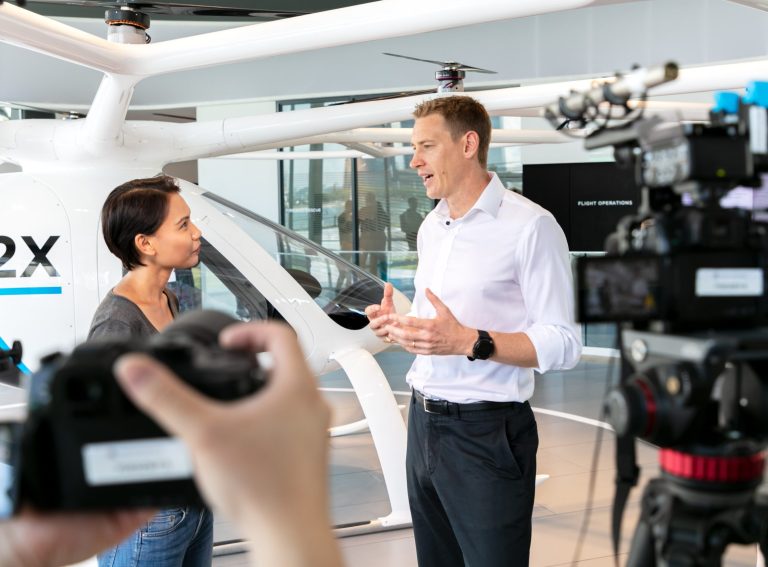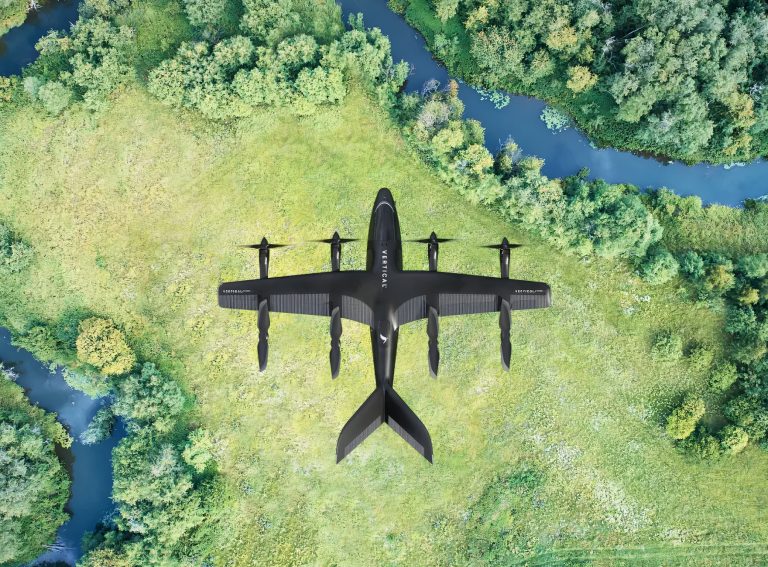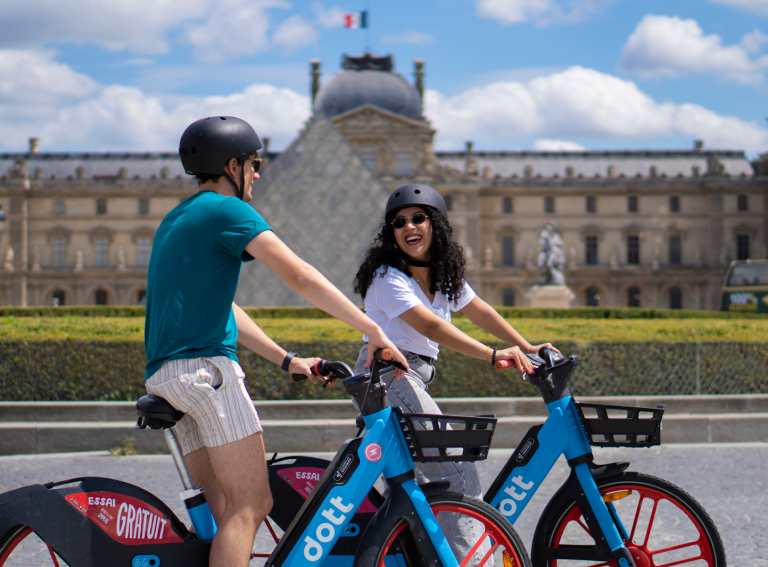How much do you think about sustainability in your choice of delivery method? Would cost and speed trump carbon footprint?
Kevin Savage, who has made last mile delivery and supply chain logistics his life’s work, believes it would.
“As consumers we’re quite selfish,” he says. “We just want our product at the lowest price and we want it now. No informed choice is made at checkout.”
Savage is the COO of sustainable logistics provider Delivery Mates. He previously spent over 15 years in senior management roles at DHL and was one of the founding members of Amazon Logistics in the UK.
“Supply chain is a hidden science, nobody knows how it gets to you, and they probably don’t care,” he says.
“My goal at Delivery Mates is to make supply chains more transparent because without that you won’t change consumer behaviour.”
Lessons learnt at Amazon
Savage joined the delivery giant when the idea of Amazon Logistics was just beginning to take hold.
“I got an opportunity to go in as their senior transportation manager when there wasn’t really an Amazon Logistics in the UK,” he says. “It was an entirely new insourcing programme.”
Until then, all Amazons parcels were delivered by companies like Royal Mail and Yodel.
“The senior team then recognised that logistics was a core part of what we did. I never thought I’d do a job like that in my life. We were the first company to build a UK network from scratch. It was super exciting.”
The team launched the first fulfilment centre in Milton Keynes and within 18 months grew this to 32 operations.
Savage’s role was in deployments which meant finding properties, working out how to do the middle mile and managing the sorting in delivery stations.
“My biggest takeaway is that Amazon thought about the customer first and foremost, and worked back from there. What was important to them was to give customers the best possible service, free of charge. It’s not free as you pay for Prime but in terms of simplifying the process and the change that’s made to the e-commerce world, they lead it by a country mile.”
Making a change with Delivery Mates
Savage joined Delivery Mates in 2022 as the UK business was embarking on a new journey to become a major player in ‘sustainable logistics’ – the firm’s tagline.
“We call it sustainable logistics for two reasons. One is we want to create a network that has sustainability at its heart from an environmental point of view, and the other is to create something we can build on that is sustainable for the future.”
Founded in 2012, Delivery Mates works with retailers and networks like FedEx and Amazon by supplying them with delivery drivers, vehicles and delivery management software, along with service and maintenance.
“For instance we have a flower retailer that wants its product brought into London but wants it delivered in a sustainable way, we’ll move it from the Midlands down to London, we’ll sort it into postcode districts, and we’ll deliver it either on electric vans if it’s a large size product, or on cargo bikes.”
To do that, Delivery Mates needed to put footprints down where it can park the vehicles and so has built seven micro hubs in London, with a target of six more by the end of the year.
“We’re really pleased to be working with organisations like Westminster City Council where we operate 10 bikes and are just working with another council now to get another micro hub opened pretty quickly.”
Though its fleet does include motorcycles and e-vans, Delivery Mates is doubling down on cargo bikes.
“We’ve replaced a number of vans so we’ve only got about 25 out on the road today. Our investment is around cargo bikes where we’ve grown from 15 to 120 since this time last year. In the next 12 months, we’d like to break the 500 mark.”
XeroE acquisition
Delivery Mates recently acquired B-corp-certified delivery firm XeroE to expand its reach in the UK’s sustainable delivery market.
XeroE allows clients to book emission-free on-demand delivery services from a fleet of bicycles, cargo bikes, e-scooters and electric vans in London, Bristol and Manchester.
“They have a couple of major customers like Bloom & Wild, Voi Technologies and Crack Magazine, but have been struggling to grow because they don’t have the infrastructure so we acquired them in May.”
Delivery Mates has now completed over a million emission-free deliveries on cargo bikes in the first six months of this year. This equates to more than 600,000 km ridden, the equivalent of 15 trips around the globe.
“While we’re really proud of these numbers, the issue for me here is that to the consumer, this delivery process is still invisible. We see more bikes around London, we might see the bike in front of our office or property but we don’t really understand that the bike has actually made those deliveries instead of a diesel van.”
Unmasking the delivery process
Delivery Mates is building an engine that will give its clients a breakdown of how many deliveries they have had done in a year, where the deliveries have come from and how much carbon emissions they have saved by using cargo bikes.
“We’re building tech so that people can actually make an informed choice,” says Savage. “I can ship it the traditional way and introduce this amount of pollutants into the atmosphere or I can ship it this clean way. So that’s what we’re doing with some of the academics now to say, how would that look?”
One thing Savage is sure of is that deliveries will not be advertised as free.
“The thing that really irritates me is free delivery because it isn’t free. It is either built into the price of the product or you pay a subscription. There is a cost of moving a product from A to B. But not only is there a financial cost, there is also an environmental cost. If we carry on the same way we’ve been doing it for the last 60 years, nothing will change – and it’s definitely not free. We all know it, but we don’t behave that way when we’re ordering online.”





